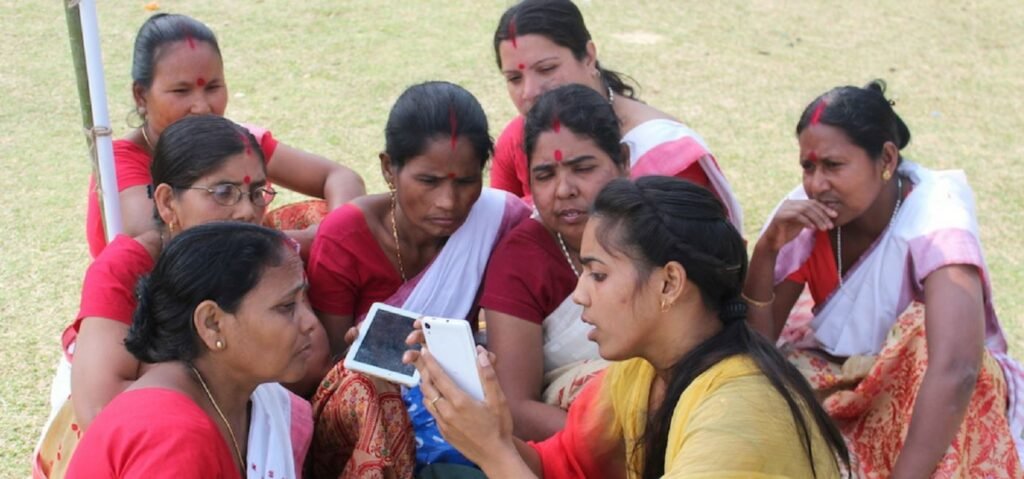Assam, a state already prone to natural disasters, is facing the wrath of climate change, with its effects becoming more visible in our healthcare system. Irregular rainfall, rising temperatures, and frequent flooding are significantly contributing to a surge in various health issues. The state’s healthcare sector is struggling to keep up as climate-related diseases see an alarming rise.

Knowing about Vector-Borne Diseases
One of the most noticeable impacts of climate change in Assam is the rise in fever-related illnesses like dengue, malaria, and typhoid. These diseases are directly linked to waste accumulation in stagnant water left behind by floods, creating ideal breeding grounds for mosquitoes and other such insects. As flooding events become more frequent, controlling the spread of these diseases has become a major challenge for healthcare workers.
Heat-Related Health Issues
Unusual rising temperatures, especially during summer, have also led to an increase in heat-related illnesses. Heat stroke, dehydration, and other temperature-induced health problems are now more common, putting further strain on the healthcare system. The vulnerable populations, particularly children and the elderly, are at a higher risk, making the situation even more critical.
Waterborne Diseases on the Rise
Changing rainfall patterns have caused a scarcity of potable water in many areas of Assam. As a result, waterborne diseases such as diarrhea, cholera, and malaria have seen an increase. Additionally, asthma cases are also rising, likely due to worsening air quality and the spread of pollutants during floods. The lack of clean drinking water, combined with limited access to medical care in flood-hit areas, exacerbates the problem.
Displacement and Healthcare Access
Floods and landslides, which have become more frequent due to climate change, are displacing thousands of people in Assam. This displacement often results in limited access to healthcare services, as medical infrastructure in rural and remote areas is either damaged or inaccessible. The lack of proper medical attention in these displaced communities contributes to the spread of infectious diseases, adding to the healthcare crisis in the state.
Addressing the Crisis: The Need for Urgent Action
Swift and coordinated action is necessary to address the growing health risks posed by climate change in Assam. The government and healthcare providers must focus on improving access to healthcare in flood-prone areas, as well as investing in better sanitation and waste management to reduce the risk of disease outbreaks. Additionally, public awareness campaigns are crucial in educating the population about climate change and its impacts on health, empowering communities to take preventive measures.

Time to Act
Assam’s healthcare system is at a critical juncture as it faces the dual challenge of climate change and public health crises. Without immediate action, the situation could worsen, leading to further strain on the state’s medical resources. Raising public awareness and taking proactive steps to mitigate the impact of climate change are essential to safeguarding the health of Assam’s population in the years to come.
